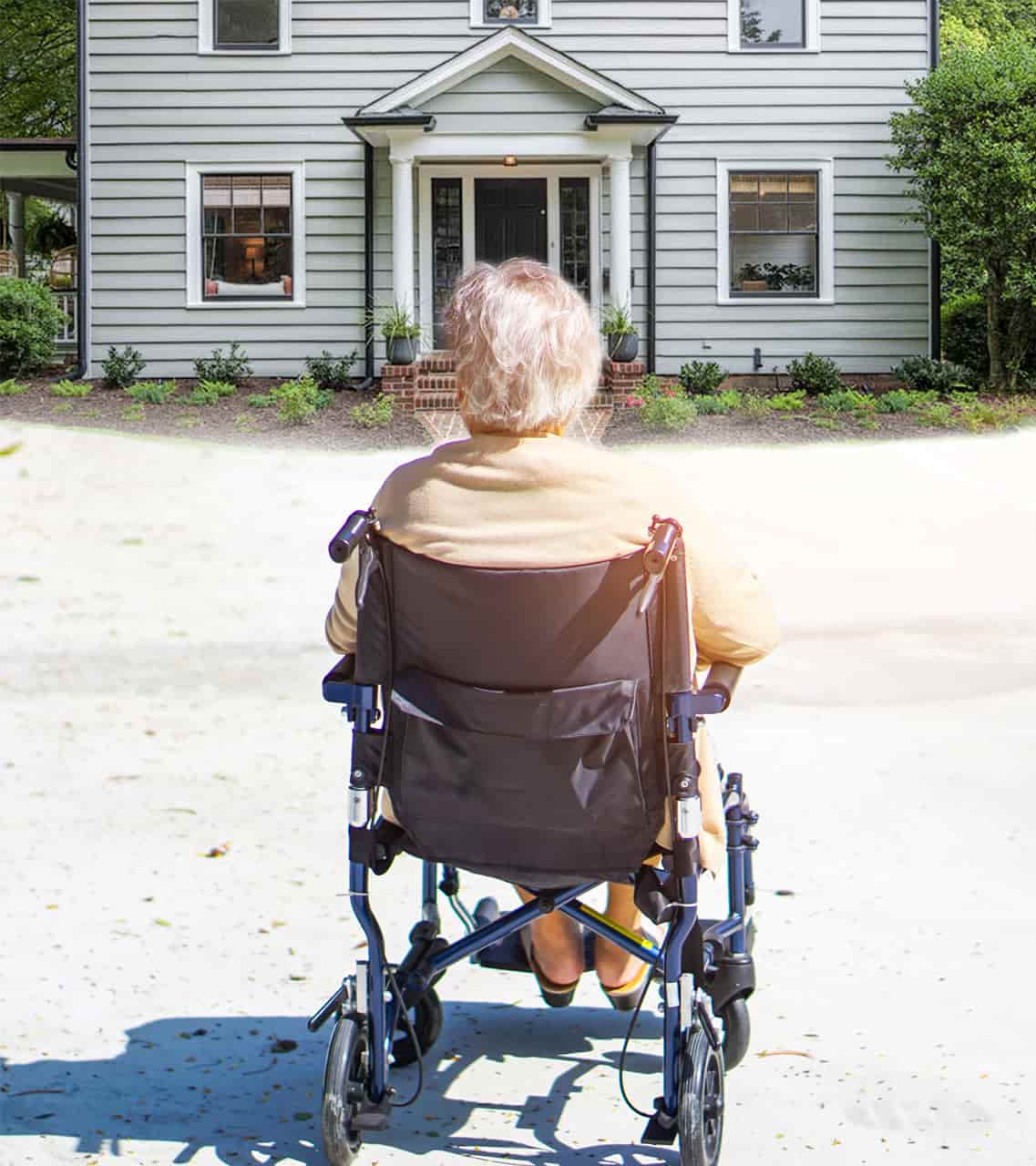
Even though a reverse mortgage is widely touted as being highly advantageous for senior citizens, over the years, it has proven immensely damaging and financially crippling. In Florida alone, the year 2019 witnessed countless senior citizens losing their homes. As a senior, losing a home is the worst financial blow, as the post-retirement lifestyle cannot sustain the financial strain of mortgage payments and debts.
Basically, a reverse mortgage is a kind of mortgage loan that is taken against a home, apartment, or any residential property. It provides a retired property owner with an additional income and allows them access to the unfettered value of their real estate assets. However, this particular mortgage approach is riddled with high-interest rates and even higher fees. In fact, it can eat up a large portion of a retired owner’s home equity.
Senior citizens have a wide array of expenses and a limited income. Their medical bills surmount all other expenses, which is primarily the reason why they seek out reverse mortgages to obtain sufficient money for their medical expenses. However, if a retired owner is no longer healthy enough to remain within the property and is shifted to a treatment facility. The senior is likely to lose his/her home.
More alarmingly, the mortgage loan must be repaid in full, since the home no longer serves as the primary residence of the borrower. As per the clauses of a reverse mortgage, moving into a treatment facility or a nursing home for a consecutive period of 12 months is considered as a permanent move. This can cause a senior to lose the home if he/she is unable to pay back the reverse mortgage amount in full, leading to a foreclosure.
As a retired owner with no income stream or employment prospects, it can be extremely challenging to bear the burden of making a reverse mortgage payment in full. It may seem like an attractive idea to take out a reverse mortgage against your house, but in reality, you will be forfeiting the inheritance rights of your heirs. In the instance you have no choice but to move out due to deteriorating health, or other reasons, you will find yourself combatting severe financial turmoil. In the short-run, a reverse mortgage may be attractive and lucrative, but in the long-run, it is an extremely impractical and unsavvy decision. You will have to bear the burden of mortgage payments, property taxes, ongoing mortgage insurance premiums, and settlement costs.
Luckily, there is a way for a retired property owner to avoid paying a reverse mortgage payment in full. However, it will require a senior to lose their home, as it involves selling off your property so you can pay off your debt. You can pay off your mortgage payments in full and receive a substantial cash payment to take care of your medical bills. It will serve as an income stream to keep you afloat.
When Would You Like To Sell Your House?
Are you a property owner?
Reason To Sell